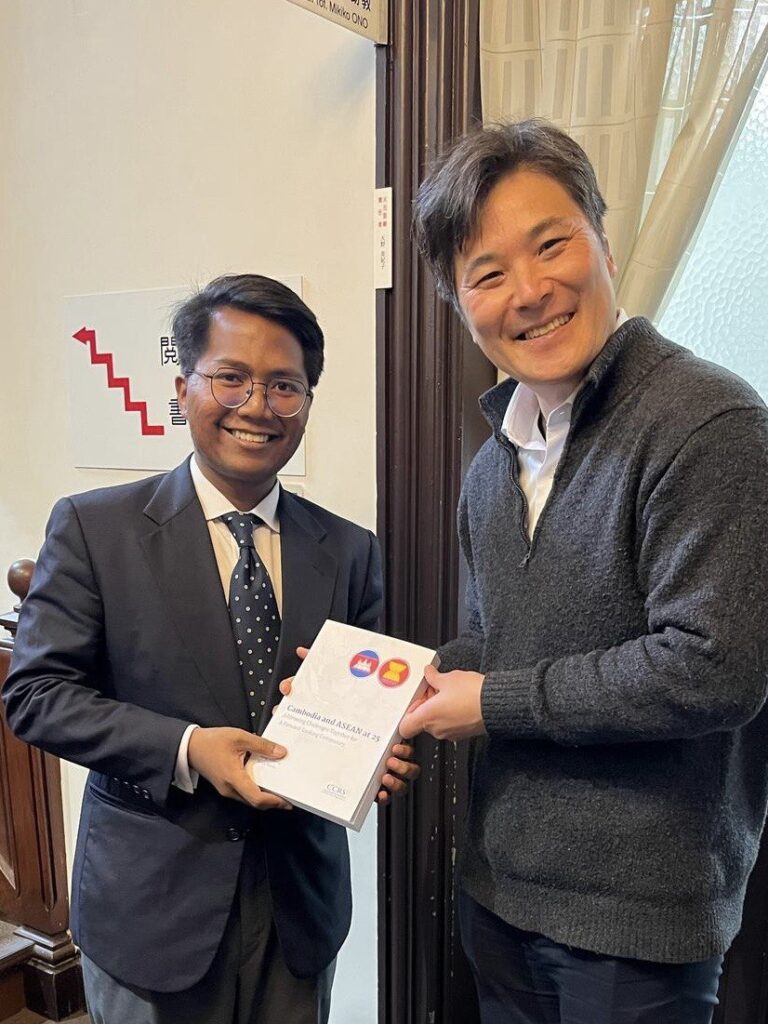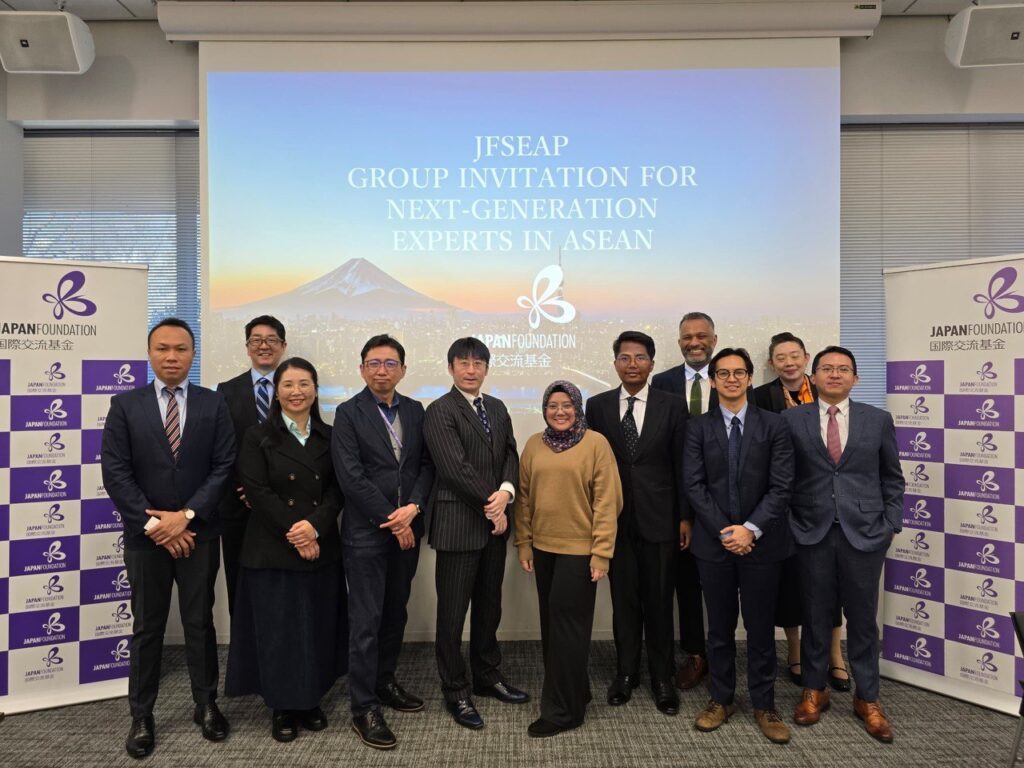From 24 February to 4 March 2025, Him Rotha, Deputy Director, Cambodian Center for Regional studies was invited to attend the Japan Foundation Southeast Asia Partnership Visiting Program on Economic Security to Tokyo and Kyoto, Japan. This project was led by Prof. Akira Igata, Project Lecturer at the Research Center for Advanced and Technological Studies (RCAST) attached to the University of Tokyo. Rotha joined 7 other experts from Southeast Asian countries, such as Indonesia, Laos, Malaysia, the Philippines, Thailand, and Vietnam.
During the visit to Tokyo, Rotha joined lectures and meetings related to economic security. He also had meetings at the Ministry of Economy, Trade, and Industry (METI), the Ministry of Foreign Affairs (MOFA), Japan Bank for International Cooperation (JBIC), Japan International Cooperation Agency (JICA), and the University of Tokyo. While in Kyoto, he attended lectures and networking session with Japanese scholars on Southeast Asia at the Center for Southeast Asian Studies (CSEAS), Kyoto University.
On 3 March 2025, Rotha presented his reflection related to his trip to Japan and his perspective on economic security.
He finds this program very interesting, and he has learned with keen interest the proactive and responsiveness of the Japan government and its farsighted foreign policy in safeguarding the country’s national interests amidst the geopolitical complexities and coercions from neighboring countries. He observed the robustness and the sense of responsibility and skillful ability of the Ministry of Foreign Affairs, the Ministry of Economy, Trade, and Industry as well as the competency from JBIC and JICA in managing Japan economic security effectively. He also impressed with the free spirit of academic community in Japan and the openness of the government in engaging academics and think tank communities to contribute meaningfully to advance Japan’s national interests while contributing to the maintenance of rule-based order.
On the issue related to economic security, he wishes to congratulate the Japanese government for making good judgment about what will happen in the future and the ability to make wise decisions to divert economic security challenges that might impede on Japanese national interest in the long run. He viewed the measures carrying out by the Government of Japan to promote and protect Japan economy are appropriate and effective. The Japanese government is rightly promoting in the area of non-sensitive for economic growth, while protecting in the area of critical to the national security. This idea was incepted in 2019 and later on in 2022, it was passed into law. Since then, economic security has been highly institutionalized in Japan’s society, from the governmental bureaucracy to private sectors. It is indeed there is a need to protect one’s economy from external economic coercions, and this is what Southeast Asia should learn from Japan. Nevertheless, these measures still have concerns, such as the concern related to excessive government interventions as well as the intensity of implementations. All in all, there is a need to find a right tune to make a liberal and secured economy, while at the same time, there is a need to balance the governmental intervention and the need to promote innovations from private sectors and investments.
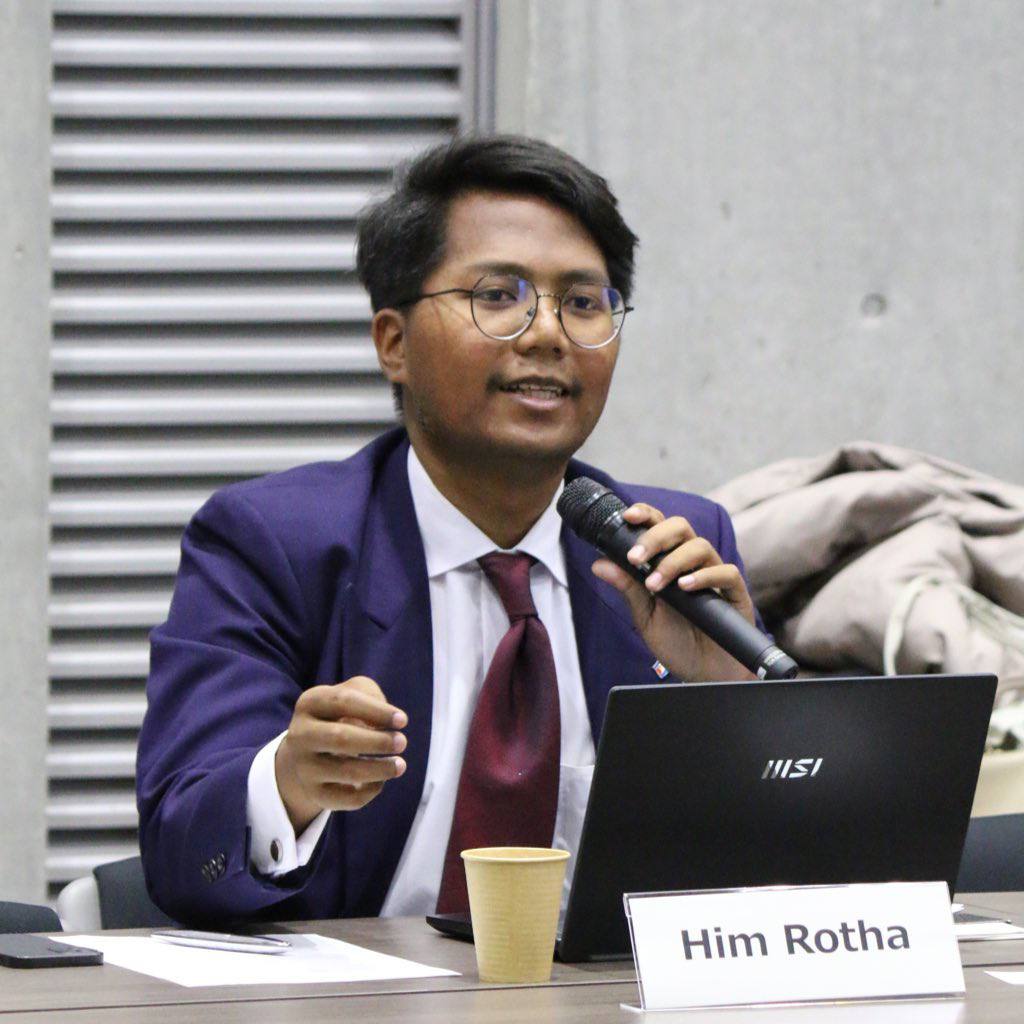
On the point of the way forward for ASEAN-Japan cooperation on economic security, Rotha suggested that the two parties shall carryout the “ASEAN-Japan Economic Co-Creation Vision” – a vision adopted in 2023, which aimed to realize a secured prosperous economy and society that is free and open. Furthermore, Japan and Southeast Asian countries shall communicate each position clearly on economic security, especially on the technical details of this framework in order to ensure that any additional regulations would not affect to our existing trade agreements, such as RCEP and ASEAN-Japan Economic Partnership Agreement.
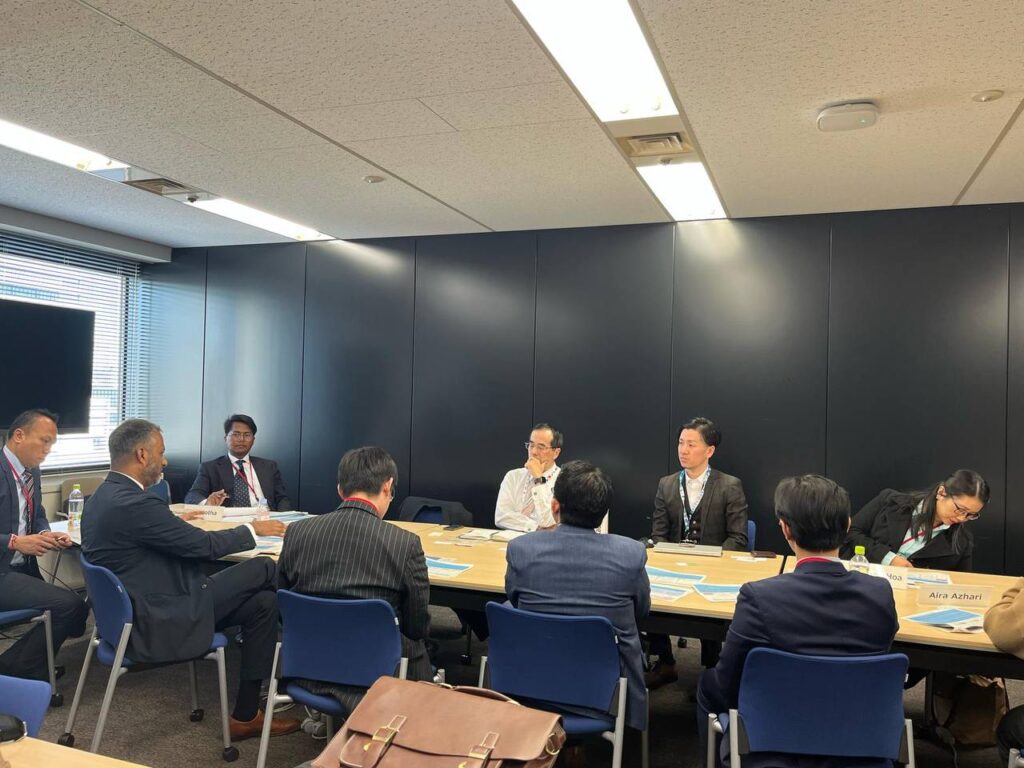
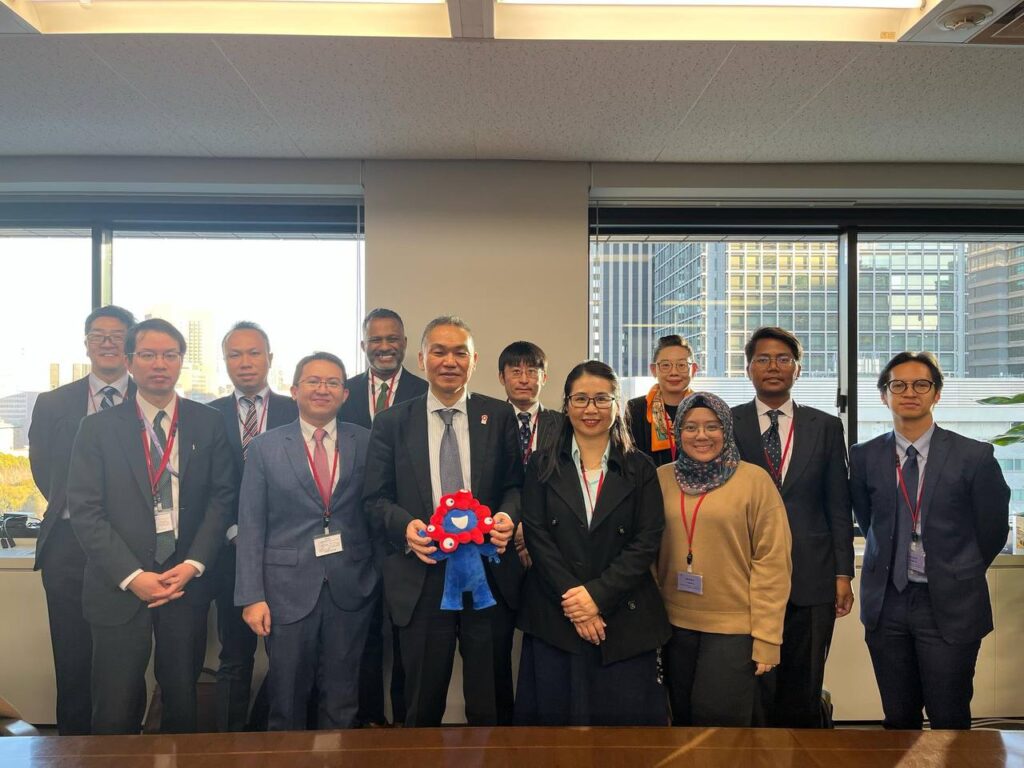
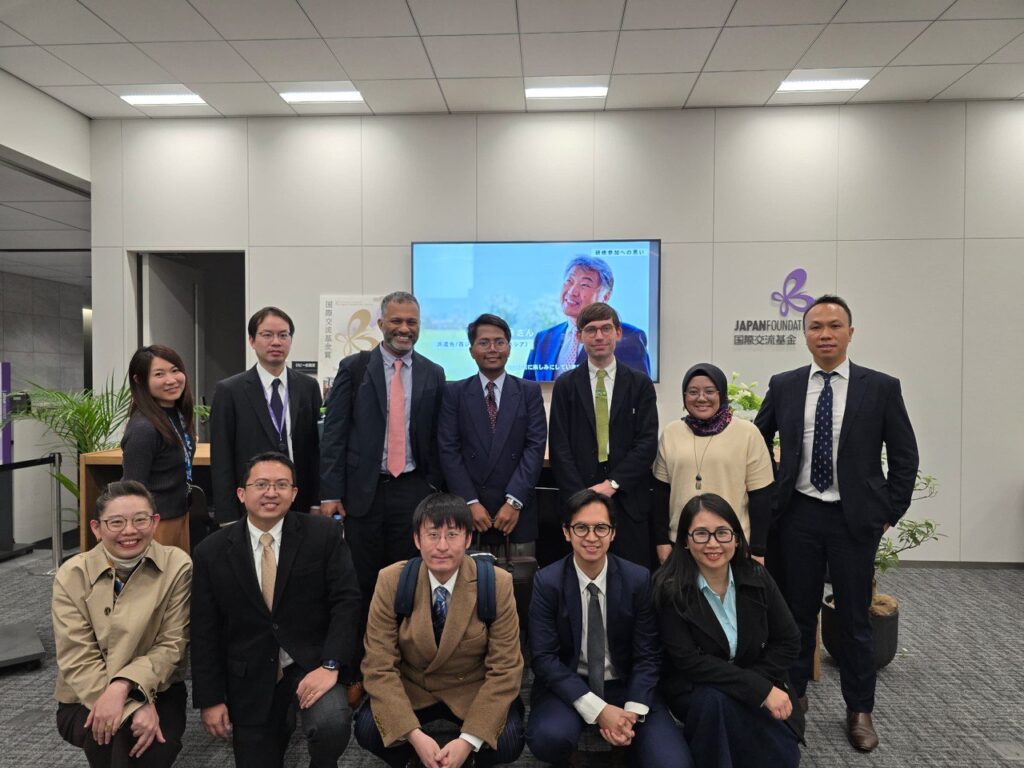
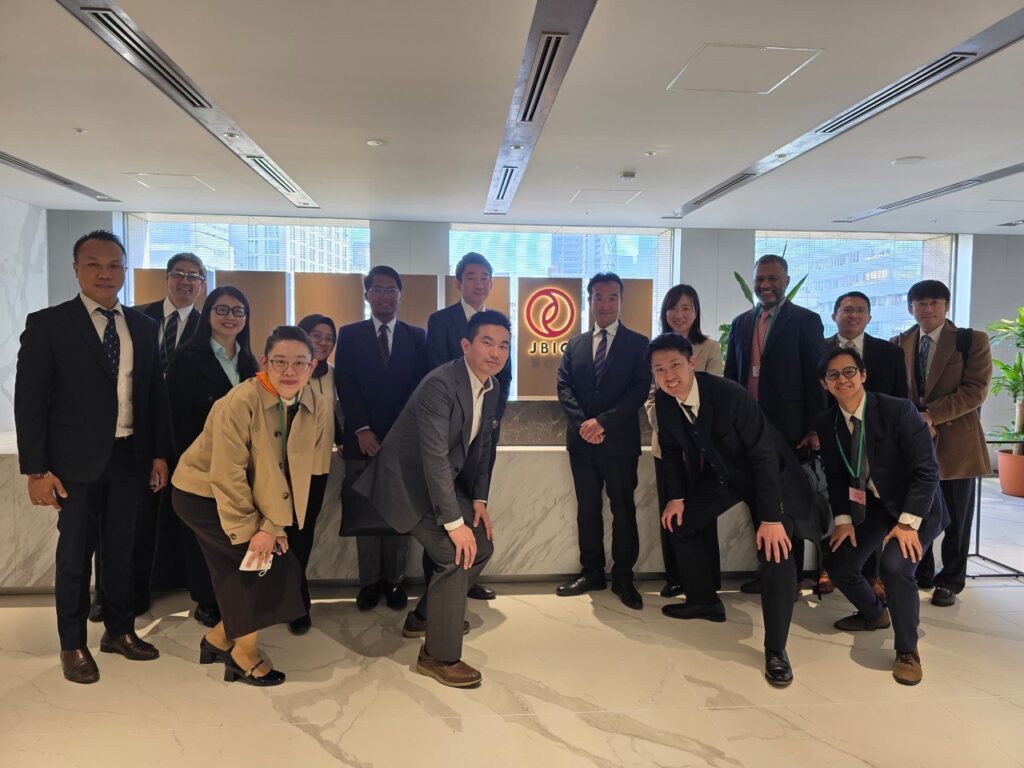
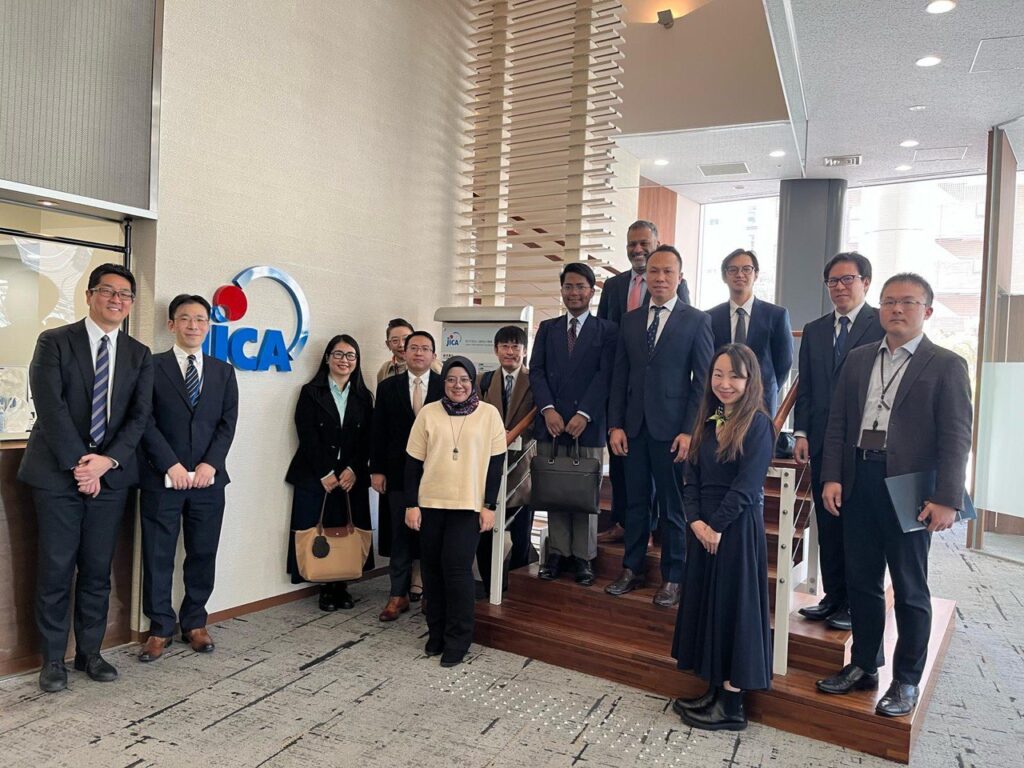
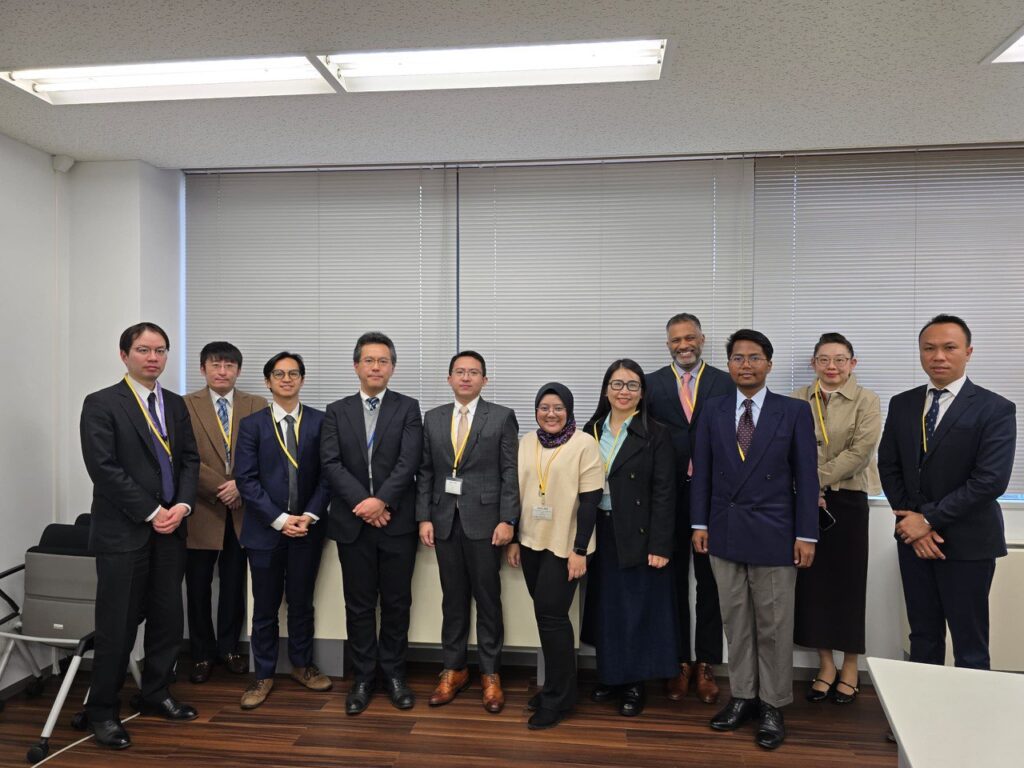
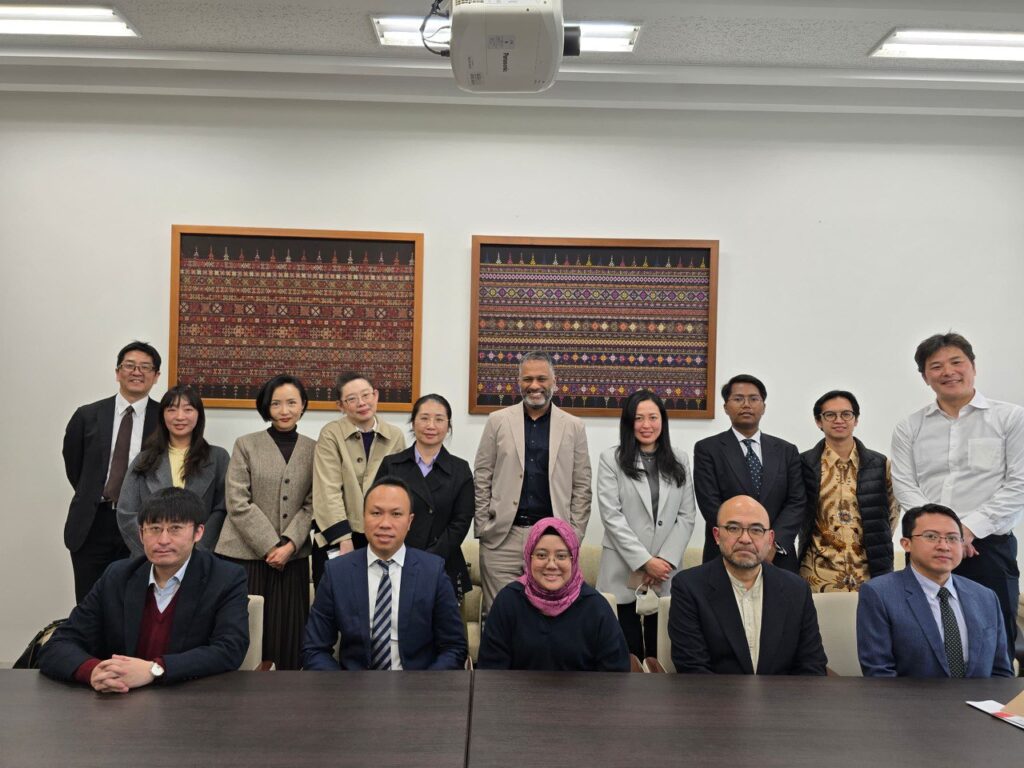
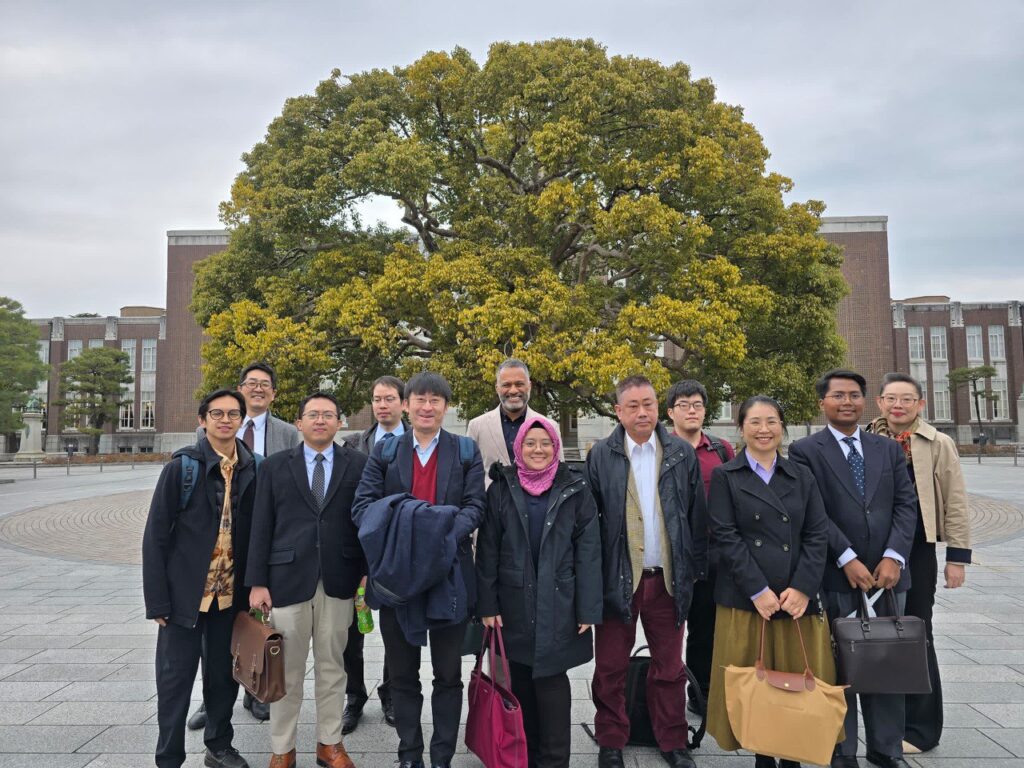
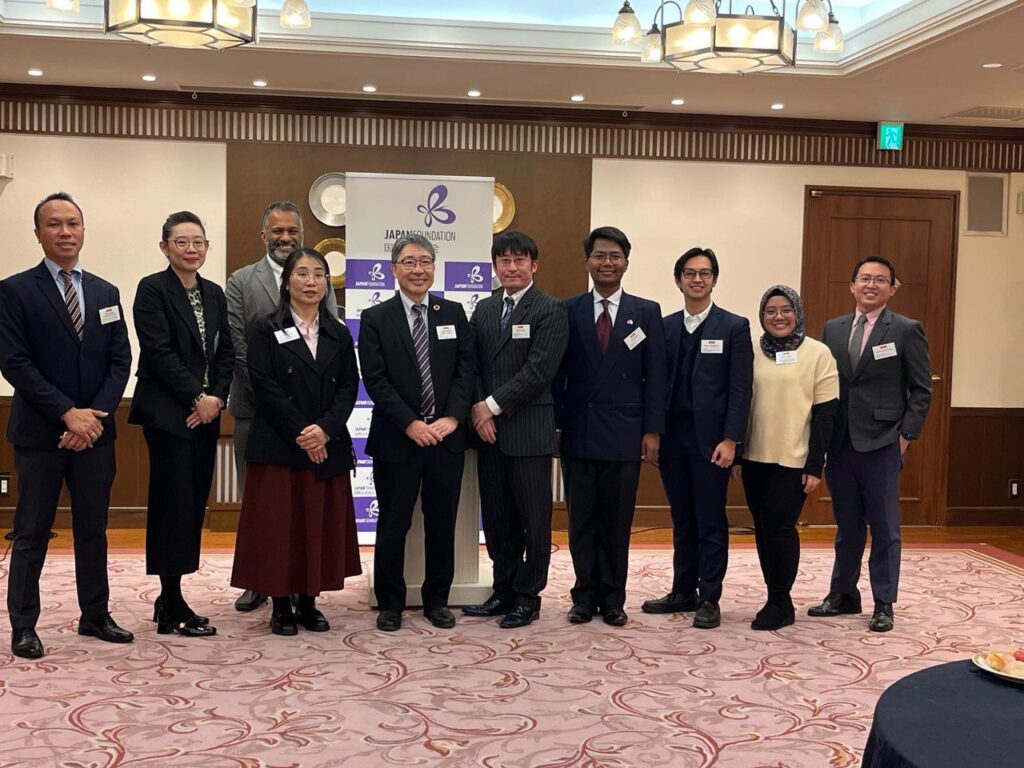
Besides of attending these programs, Rotha also had sideline meetings with Japanese academics and Cambodian graduate students in Japan to disseminate CCRS recent publication on “Cambodia and ASEAN at 25: Addressing Challenges Together Towards a Forward-Looking Community” as well as discussing on issues of mutual interests alongside with the potential areas of collaboration.
